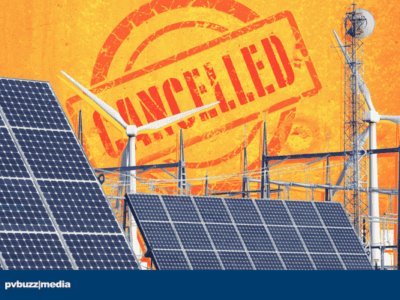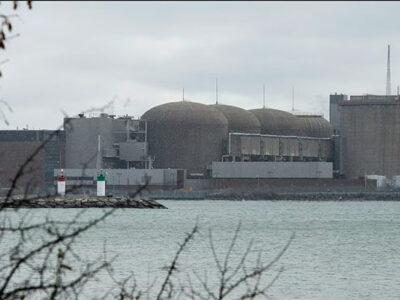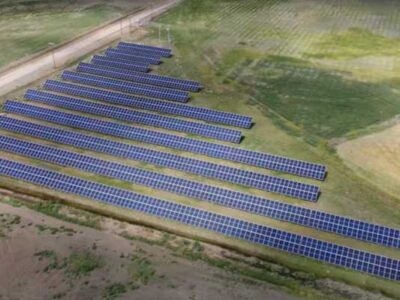This article was written by William V. Liuzza (CEO of EnergeiaWorks & Founder of Renewables UnWind) for “The Recruiter’s Outlook” segment of the EnergeiaWorks October 2019 Newsletter.
——
There are more solar jobs in the U.S. than coal, gas, and oil combined. Clean energy jobs have grown into a prominent sector, meaning that we can finally begin to focus on the diversity and inclusion aspect of our workforce.
Think about that for a moment before moving on to the history of clean energy jobs in the U.S..
In 1992, the wind energy Production Tax Credit (PTC) was originally part of a general energy legislation bill which led to the early wind farms in California. It has been expanded and extended multiple times under various legislation, including many one year extensions that prevented the industry from really taking off.
Some of you may remember when the wind industry fell off a cliff in 2012 caused by a failed PTC extension.
This affected investments, installation, and JOBS.
It’s been a slow (finally steady again) building process — according to AWEA, Wind Turbine Technician is now listed as one of the fastest-growing jobs in the U.S., and wind energy employs 114,000 people across all 50 states. It is very clear that the PTC was a job creator.
The first Investment Tax Credit (ITC) for solar was introduced in 2006 and, according to SEIA, has grown 10,000 percent, created thousands of jobs, and billions of dollars in investment ($17B alone last year). What happened when Congress passed a multi-year extension?
Installations doubled to 15,000 megawatts and jobs exceeded 250,000 nationwide. None of these job growth would have been possible without the ITC.
Is it a stretch to say the clean energy boom of 2008-2009 helped us through the recession quicker and helped the unemployed become employed? Well, I’ll say it!
The Renewable Energy Extension Act of 2019 introduced in July to the House and Senate is formerly backed by 70 organizations (informally thousands) and 231 Mayors. Fortunately, this bill has bipartisan approval. Will it get through an administration that denounces climate change?

William founded EnergeiaWorks in 2010. Through EnergeiaWorks, William also manages “Renewables UnWind” – a North American networking association for the renewable energy industry.
I hope so, especially when considering the potential impact on jobs. Renewables now are not only in California. We’ve placed solar and wind professionals with over 100 organizations in dozens of states across the U.S., and this job stream is at risk if this bill doesn’t pass.
The health of these positions and those already budgeted for 2020 and 2021 will be at risk. If investors lose their ROI because there’s no longer a tax break, job creation will slow.
What can you do? Great question!
If you work in solar, then follow this link on SEIA’s website. Their explanation of the ITC benefit is far more articulate than mine.
They’ve created a campaign and will assist with outreach to your local Representative to help champion your voice. Similarly, AWEA has done the same for the constituents of wind energy. Speak up today.
Let’s help get this legislation passed so we can continue to grow the fastest job-creating industry in US history!














Comments